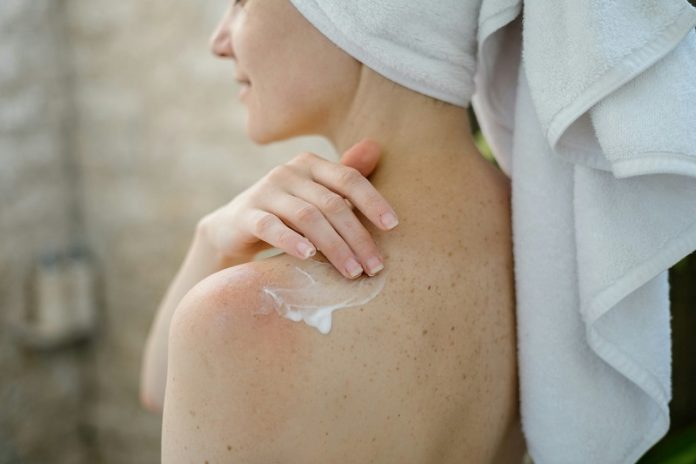
Atopic eczema, often thought of as a skin condition marked by itching, redness, and flare-ups, has now been tied to a much deeper problem: mental health.
A major new study shows that adults living with eczema are significantly more likely to experience suicidal thoughts than those without the condition.
The research, known as the “Scars of Life” study, is one of the largest of its kind. It surveyed over 30,000 adults in 27 countries during 2024, including more than 15,000 with physician-confirmed eczema.
The results were presented at the 2025 European Academy of Dermatology and Venereology (EADV) Congress.
The findings are striking: 13.2% of adults with eczema reported suicidal thoughts, compared with 8.5% of people without the condition.
This trend held true regardless of when the eczema began—whether in childhood, adolescence, or adulthood—showing that the mental health impact is widespread and long-lasting.
Atopic eczema affects more than 200 million people worldwide and is a chronic inflammatory disease that often brings relentless itching, skin pain, and disrupted sleep.
Beyond the physical discomfort, people living with eczema frequently face anxiety, depression, and social stigma, all of which can weigh heavily on mental well-being.
The study also revealed several key factors linked to suicidal thoughts among eczema patients. Younger adults under 30 reported higher rates, as did people with obesity.
The severity of the disease itself made a powerful difference: moderate-to-severe eczema more than doubled the odds of suicidal ideation. Intense itching, pain, and high symptom burden also strongly increased risk.
Sleep problems emerged as another major contributor.
Many people with eczema experience broken sleep, and those suffering from mixed insomnia—difficulty falling asleep and staying asleep—had a much higher likelihood of suicidal thoughts.
Social stigma was also found to play a major role, with many participants reporting feelings of shame or embarrassment about their skin.
Dr. Delphine Kerob, one of the lead investigators, stressed the importance of these findings. “The effects of atopic eczema are more than skin deep. Suicidal thoughts are a serious and frequent concern that too often go unnoticed by health care professionals,” she said.
By identifying the main risk factors, the researchers hope to improve awareness and encourage more holistic care for people with eczema.
That means not only treating the physical symptoms but also recognizing the emotional toll and ensuring patients get mental health support when needed.
Looking ahead, the “Scars of Life” team is exploring why suicidal thoughts occur at different rates in different countries, which may reflect cultural influences. Ongoing research will continue to examine the hidden burden of eczema and how to better protect the well-being of those living with it.



